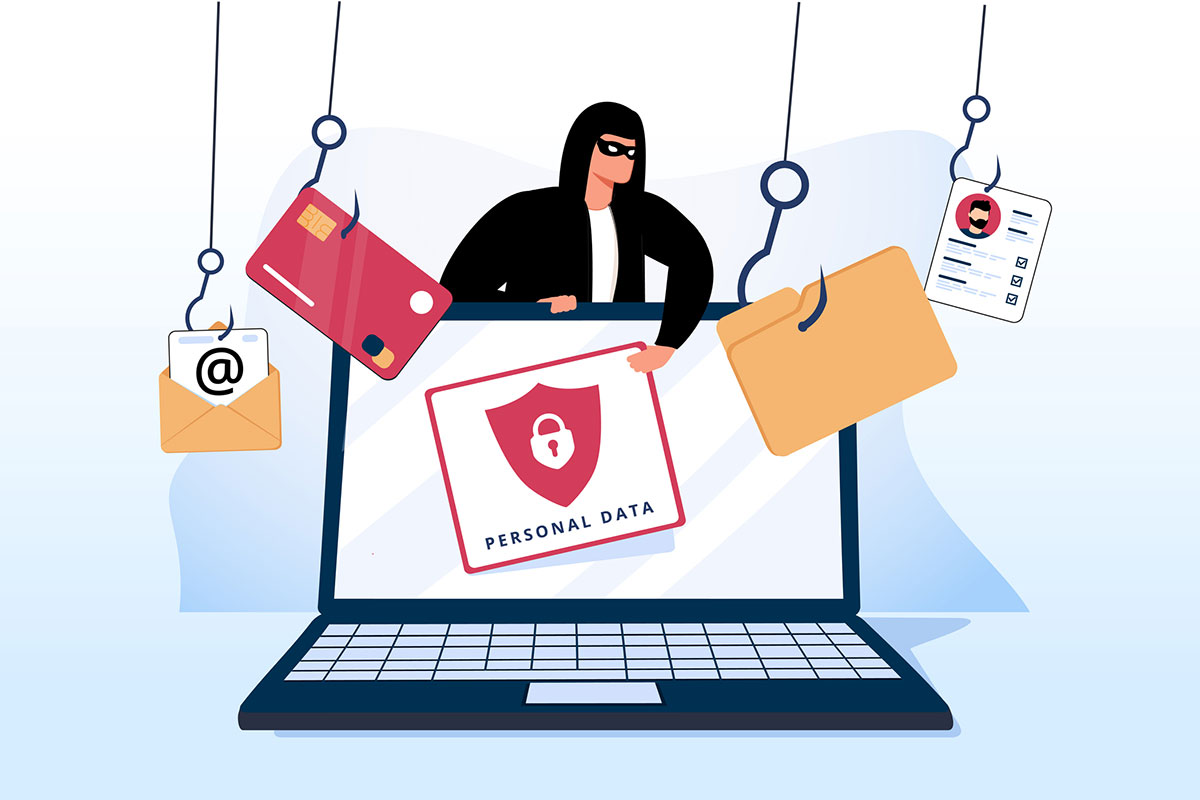Hire a Hacker Pro: Have You Been Blackmailed? We Can Help
Sometimes, we get caught up in a little hanky panky fun right? A nude here, some videos there. But what happens when you get stuck in a trap with someone who was not who you thought they were?
Millions of dollars are paid each year to blackmailers and hijackers trying to make someone's life hell. Don’t make the same mistakes. Here are 10 ways most blackmailers end up victimizing people:
Exploiting Secrets and Mistakes: Blackmailers often target victims with past wrongdoings or sensitive information. They might have obtained compromising photos, emails, financial records, or details about past actions the victim wants to keep hidden.
Building Trust (Falsely): Some blackmailers develop a rapport with their victims, posing as confidantes or friends. This false sense of trust makes the victim more likely to share additional information that can be used for blackmail.
Gradual Escalation: Blackmailers may start with subtle threats or demands, gradually increasing the pressure and severity as the victim hesitates or resists. This creates a sense of helplessness and makes the victim more likely to cave in.
Preying on Vulnerability: Blackmailers often target individuals during periods of emotional turmoil, financial difficulty, or career instability. They exploit these vulnerabilities by making threats that could further damage the victim's reputation or well-being.
Intimidation Tactics: Blackmailers may use aggressive language, threats of violence, or veiled warnings to instill fear in their victims. This fear can paralyze the victim's judgment and make them more likely to comply with demands.
Isolating the Victim: Blackmailers may try to isolate their victims by discouraging them from seeking help from family, friends, or law enforcement. This tactic aims to ensure the victim feels powerless and has nowhere else to turn.
Targeting Loved Ones: In some cases, blackmailers may threaten to expose the victim's secrets to their loved ones, employers, or colleagues. This expands the potential damage and increases pressure on the victim to comply.
Fake Evidence: Malicious actors may resort to creating or manipulating evidence to appear more convincing. This can involve doctoring photos, forging documents, or fabricating stories that further terrify the victim.
Cyber Threats: In the digital age, blackmailers may use technology to their advantage. They could threaten to leak stolen data online, damage the victim's computer systems, or expose them to online harassment.
The "Sunk Cost Fallacy": Blackmailers may exploit a victim's initial poor choices. If the victim already paid a small sum, the blackmailer might pressure them to continue paying to avoid "wasting" the initial investment (a logical fallacy).
Contact a professional today. +1-480-400-4600 or click here.





.jpg)
.jpg)


